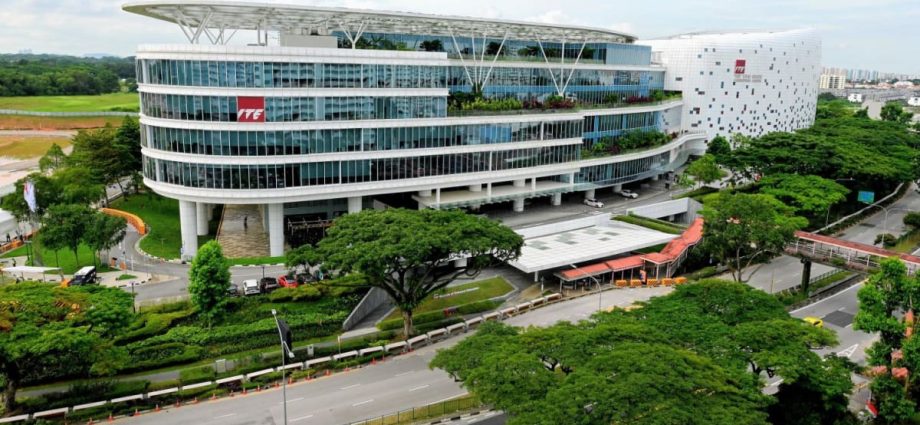
“For somebody, for example, who graduates from ITE, and they are playing an important role in servicing a particular aspect of the industry, what is their growth trajectory? Not just in terms of gaining a diploma, but also practical skills, and where they can advance to,” she said.
“Particularly within hierarchies, do we have artificial ceilings, where we say that unless you are a degree holder, you cannot hold management positions? Perhaps that’s a little bit outdated. Given the kind of leadership skills that you have, does it necessarily always tie to a degree qualification? I don’t think so.”
Professor Straughan also emphasised that practical experience counts just as importantly as academic qualifications in certain settings.
Another aspect which could affect how valued ITE graduates feel in society is salary levels, she added.
While the average starting pay of ITE graduates has increased by S$570 (US$422) over the last decade, the segment still earns half of what their university peers do, according to graduate employment surveys.

